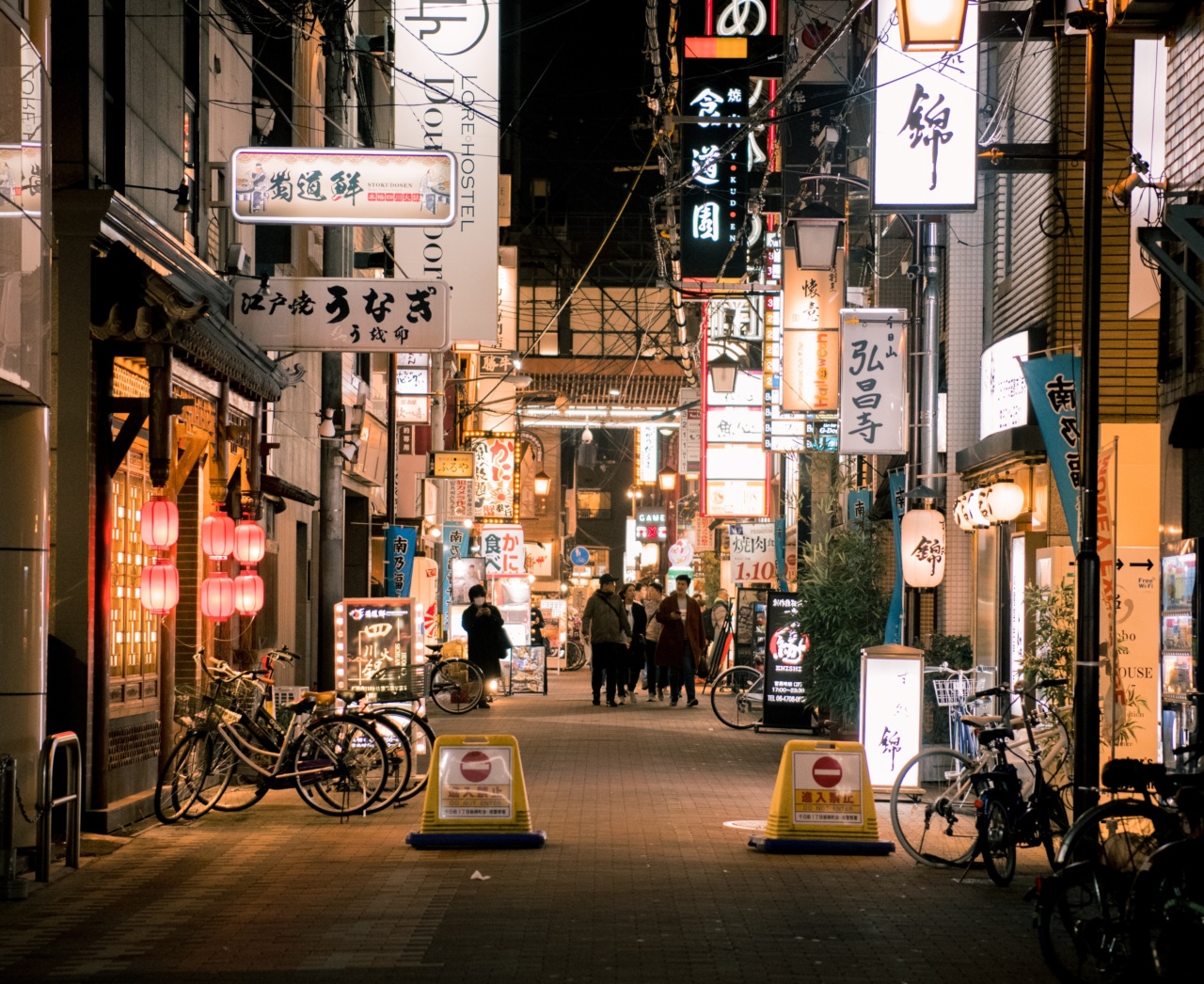Hypertension, also known as high blood pressure, is a common but often silent health condition that affects millions of people worldwide.
Despite its prevalence, many individuals often ignore the early signs and symptoms of hypertension, resulting in serious complications later on. In this article, we will explore the importance of recognizing and addressing the signs of hypertension early to prevent long-term health issues.
Understanding Hypertension
Hypertension is a condition characterized by elevated blood pressure levels consistently exceeding the normal range. Blood pressure is the force exerted by circulating blood against the walls of blood vessels.
When this force is excessively high, it can put strain on the heart and blood vessels, leading to serious health consequences.
The Silent Killer
One of the primary reasons hypertension is often called the “silent killer” is due to its asymptotic nature.
Many individuals with high blood pressure may not experience any noticeable symptoms for years, making it crucial to monitor blood pressure regularly, especially as you age.
The Signs and Symptoms
Although hypertension is mostly symptomless, there are a few subtle signs that may indicate elevated blood pressure levels:.
1. Occasional Headaches
One of the early signs of hypertension is experiencing occasional headaches, especially in the morning. These headaches may be accompanied by dizziness, lightheadedness, or blurred vision.
2. Shortness of Breath
Feeling breathless even after mild exertion or experiencing difficulty in breathing while lying down can be an indication of hypertension-related heart or lung issues.
3. Fatigue and Weakness
Persistent fatigue, weakness, or a general feeling of being unwell can be linked to hypertension. This may occur due to decreased blood flow to essential organs and tissues.
4. Chest Pain
Although chest pain is commonly associated with heart-related issues, it can also be a sign of hypertension. As high blood pressure strains the heart, it can lead to chest discomfort or pain.
5. Irregular Heartbeat
An irregular or rapid heartbeat, also known as arrhythmia, can occur as a result of hypertension. It is important to seek medical attention if you notice such symptoms.
6. Nosebleeds
While nosebleeds can be caused by various factors, recurrent or unexplained nosebleeds can sometimes be associated with high blood pressure.
7. Vision Changes
Hypertension can damage the blood vessels in the eyes, leading to changes in vision or even vision loss in severe cases.
8. Difficulty Sleeping
Individuals with hypertension often experience difficulty in falling asleep or staying asleep throughout the night. This can further contribute to fatigue and daytime drowsiness.
9. Swelling
Persistent swelling, particularly in the legs, ankles, and feet, may indicate hypertension-related fluid retention caused by compromised kidney function.
10. Cognitive Decline
Recent research suggests a link between long-term hypertension and cognitive decline. Studies have shown a higher risk of conditions like dementia and Alzheimer’s disease in individuals with uncontrolled high blood pressure.
Conclusion
Recognizing the signs of hypertension is crucial for early intervention and effective management of the condition.
Regular blood pressure monitoring, adopting a healthy lifestyle, and seeking medical advice when necessary are essential steps in preventing the long-term complications associated with hypertension. By paying attention to these signs, individuals can take control of their health and minimize the risks of developing severe cardiovascular issues.





























